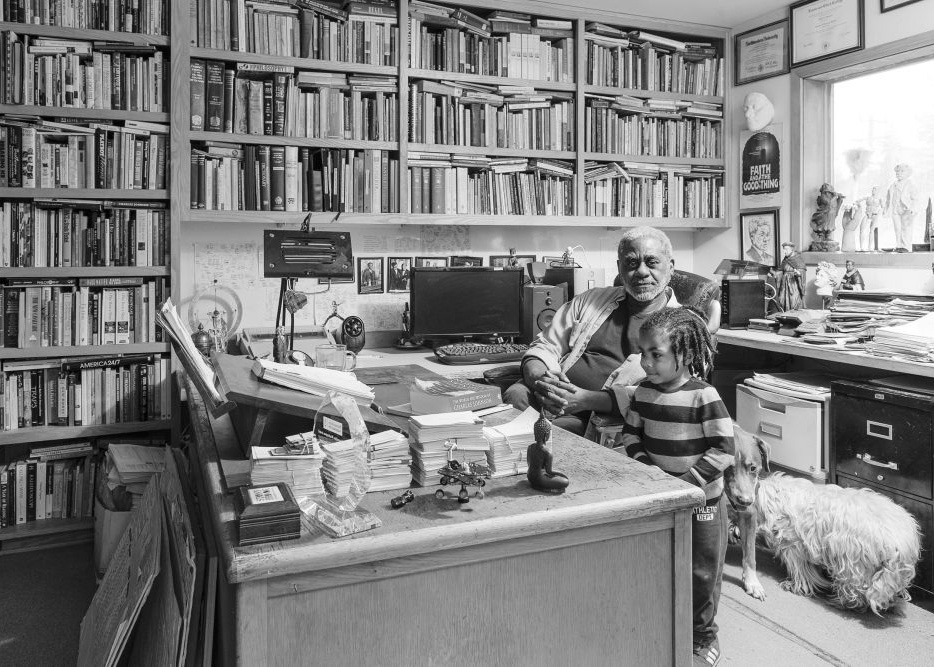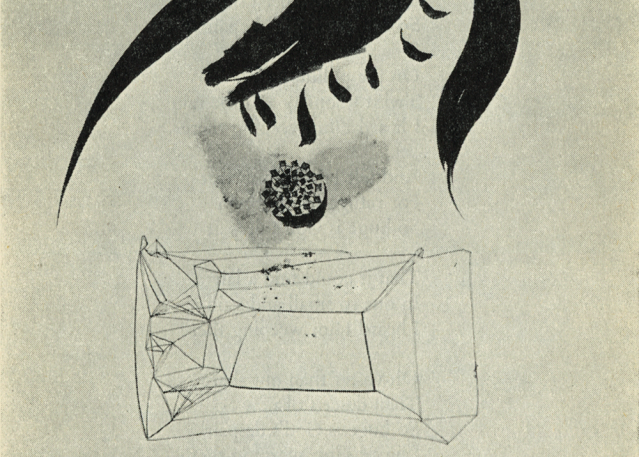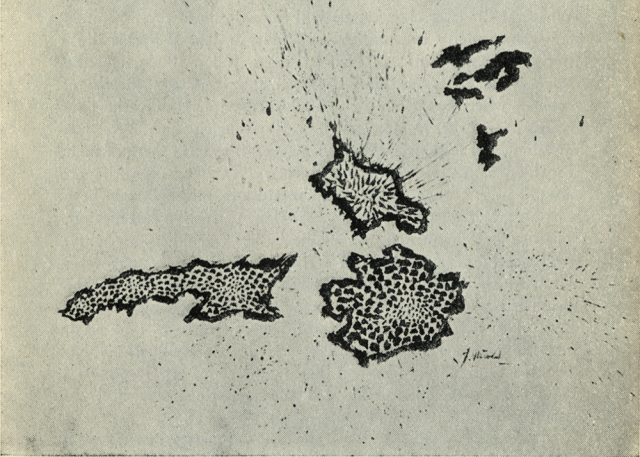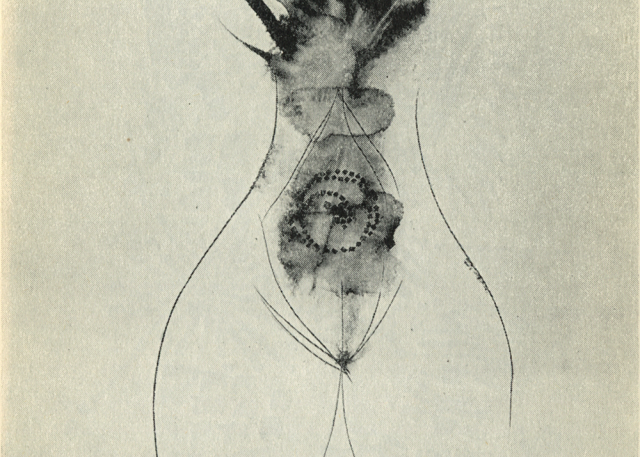Every week, the editors of The Paris Review lift the paywall on a selection of interviews, stories, poems, and more from the magazine’s archive. You can have these unlocked pieces delivered straight to your inbox every Sunday by signing up for the Redux newsletter.
“The question,” writes Emmanuel Carrère in “Exhaling,” a new piece of prose in our Winter issue, “is whether there’s an incompatibility, or even a contradiction, between the practice of meditation and my trade, which is to write.” Carrère isn’t the first to explore meditation, and the tension between silence and setting down words, in The Paris Review. Read on for Charles Johnson’s youthful experiments in meditation in his Art of Fiction interview, a lecture by a famous Buddhist in Danielle Dutton’s short story “Somehow,” a sudden interruption at a Buddhist monastery in Marilyn Chin’s poem “Lantau,” and a return to mindfulness as you focus on Jacques Hérold’s portfolio of pen and ink drawings.
If you enjoy these free interviews, stories, poems, and portfolios, why not subscribe to The Paris Review? You’ll get four new issues of the quarterly delivered straight to your door.
Interview
Charles Johnson, The Art of Fiction No. 239
Issue no. 224 (Spring 2018)
Let’s start with the fact that fuzzy-bunny Buddhism doesn’t often talk about what it’s all really about—that it’s a preparation for death. Buddhism begins with that young prince leading his sheltered life and seeing the four signs. He sees an old man, he sees a sick man, he sees a dead man, and he sees a holy man. And he realizes unequivocally, categorically, That’s me. I’m going to get old, I’m going to get sick, and I’m going to die. So how do I deal with this? Buddhism is about letting go of a lot of conceptual baggage, the stories we tell ourselves about ourselves—you let that go and there’s a sense of liberation and clarity.
Fiction
Somehow
By Danielle Dutton
Issue no. 224 (Spring 2018)
In one painting a woman serves a man a bowl of soup. Between his fingers are fingers, between his thighs her hand. Between his lips she sees his teeth as white as paper and remembers the famous Buddhist calling a sheet of paper the sun. A piece of paper is a cloud. It is the rain and the logger and the logger’s mother, too. And if you look hard enough, you’ll see yourself on the page—tits heavy, fingers spread, waiting for something to happen. Isn’t that what she’d written? Isn’t that what he’d meant? Wait, stop. That was a different one. That was a different one. That was a whole other essay.
Poetry
Lantau
By Marilyn Chin
Issue no. 182 (Fall 2007)
While sitting prostrate before the ivory feet of the great Buddha, I spilled almost an entire can of Diet Coke on the floor. I quickly tried to mop up the mess with my long hair. I peeked over my left shoulder: the short nun said nothing and averted her eyes; to my right the skinny old monk was consumed by a frightful irritation of his own. He was at once swatting and dodging two bombarding hornets that were fascinated by his newly shaved head. “I hope he’s not allergic.” I chuckled softly. And beyond us was the motherless Asian sea, glittering with the promise of eternity.
Art
Portfolio
By Jacques Hérold
Issue no. 26 (Summer-Fall 1961)
In recent years, a kind of fermentation gradually permeates his work. The precise line has given way to broad strokes, the brush has taken over from the pen. It is like a passing from the mineral to the vegetable kingdom. The crystal turns into seed, and the seed germinates, swells, explodes, is lavished. Its encounter with a temperament keenly aware of purely pictorial categories space, light has led the fantastic image back to earth, and both are fecundated.
If you liked what you read here, don’t forget to subscribe! In addition to four print issues per year, you’ll also receive complete digital access to our sixty-eight years’ worth of archives.
from The Paris Review https://ift.tt/3tDtgSw




Comments
Post a Comment